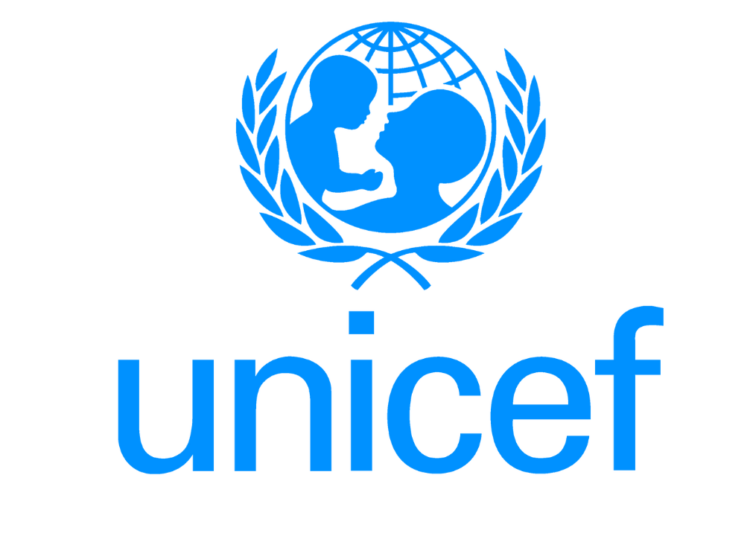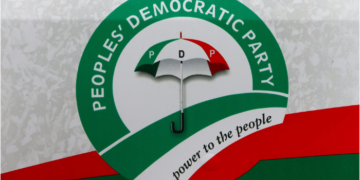United Nations Children’s Fund (UNICEF) has unveiled a funding gap of $9.2 billion in Nigeria’s Water, Sanitation and Hygiene (WASH) sector.
It said the gap would be a setback in realising the sector’s roadmap if not maximally closed.
The deputy representative of UNICEF in Nigeria, Dr Rownak Khan, stated this yesterday, during a visit of her team to the minister of water resources and sanitation, Prof Joseph Utsev and the minister of state, Bello Goronyo, at the ministry’s headquarters, Abuja.
She stated that non accessibility to potable water supply and poor sanitation and hygiene basically on women and children have severe impact which calls for more attention and immediate action.
She urged all tiers of government to be actively involved in creating an enabling environment to advance the cause of improved water and sanitation.
Khan said UNICEF would not relent in its unwavering partnership with the federal government to achieve the campaign to end open defecation as well as improve access to potable water supply in Nigeria.
In his reaction, Utsev applauded UNICEF for saving children from cholera and other water related diseases which significantly aids growth and development.
He said it had strengthened the relationship among the WASH stakeholders and contributed to health promotion, economic growth, and development in the country.
According to him, “UNICEF has done tremendously well in the areas of water and sanitation, nutrition and health and the impact is felt in all aspects.
“Nigerian government is working on its programmes such as WASH in schools, WASH in health and Youth WASH interventions.”
Utsev reiterated that his ministry and other stakeholders in the sector would continue to uphold the strong relationship with other development partners towards ensuring safety while improving the nation’s WASH sector.
In his remarks, Goronyo said there is need for key stakeholders in the WASH sector to step up their efforts to support the federal government in realising the Renewed Hope Agenda of the present administration.
He highlighted the significance of partnership in achieving the campaign to end open defecation and improve access to water supply and appropriate sanitation.





